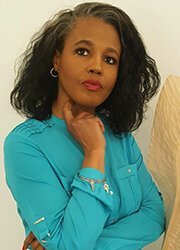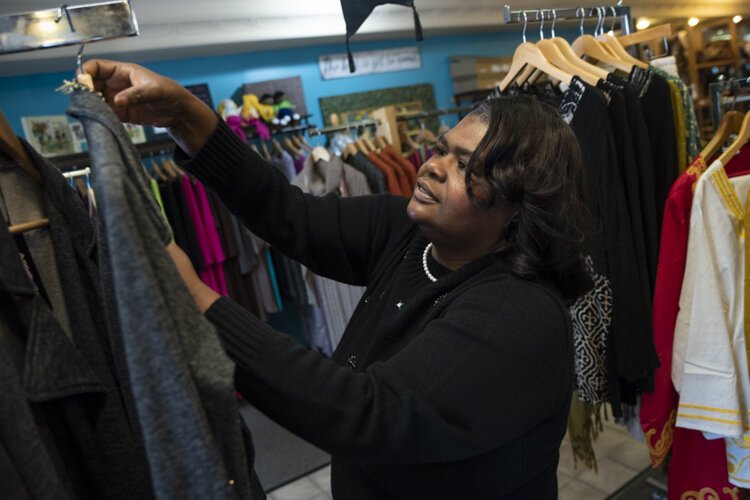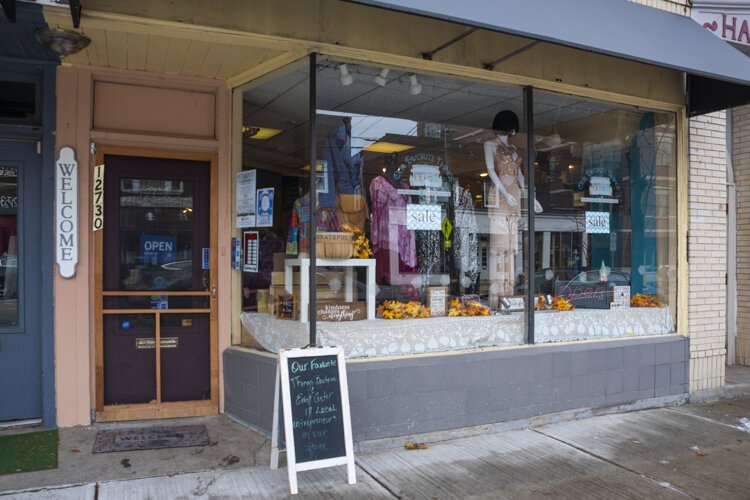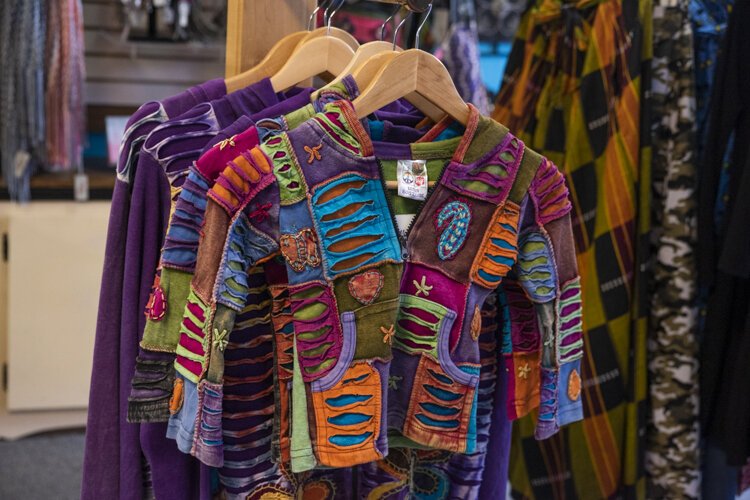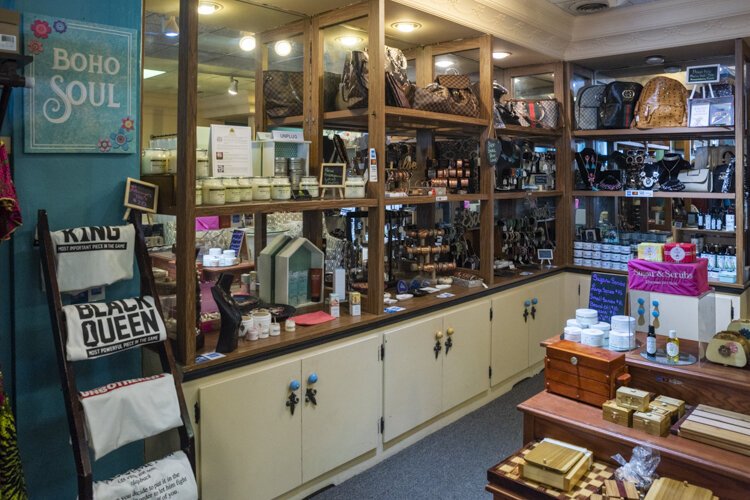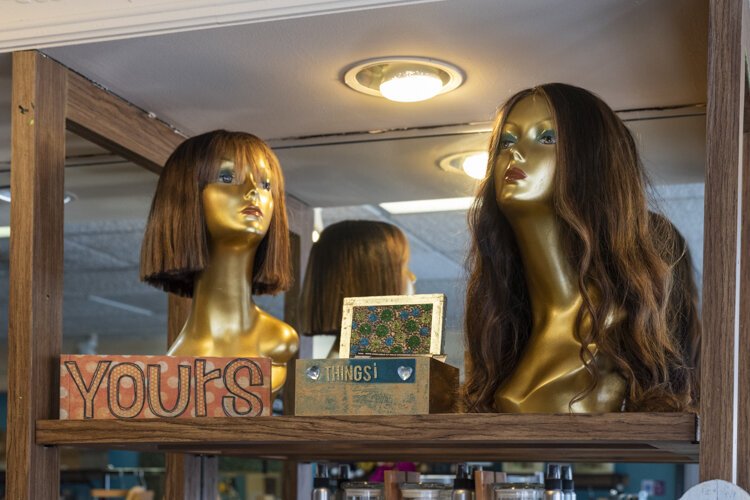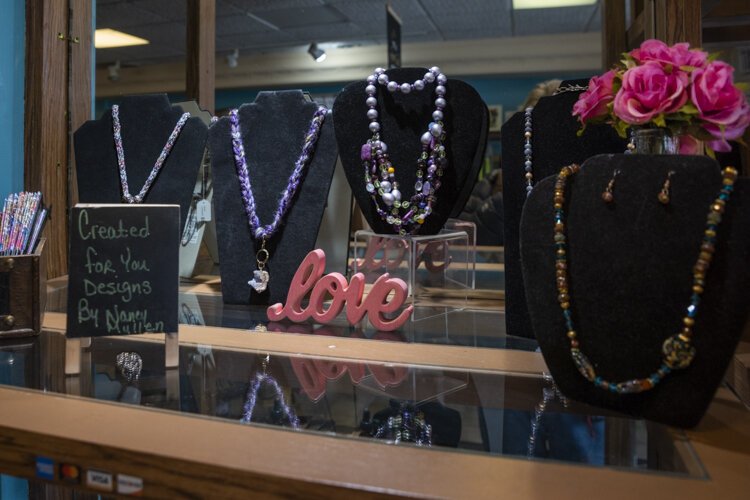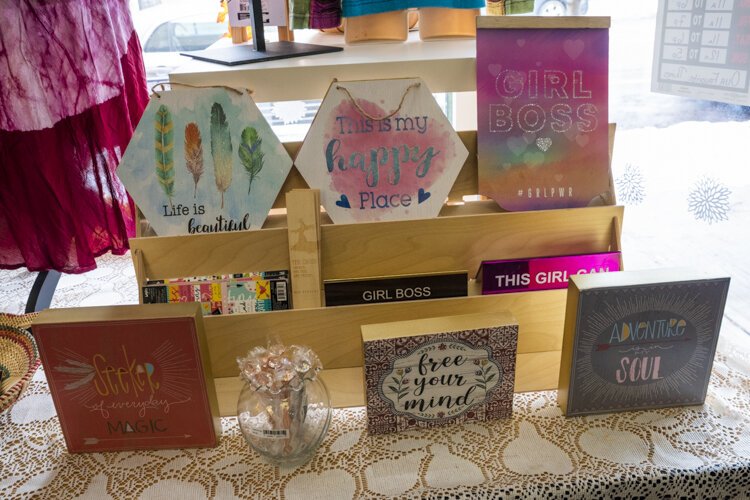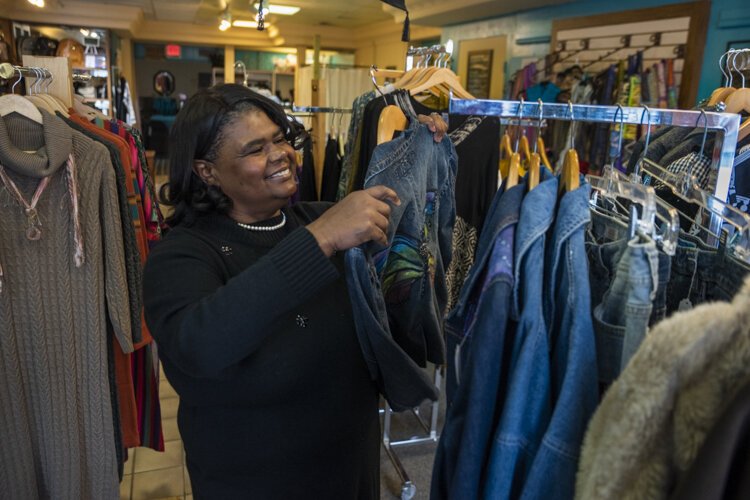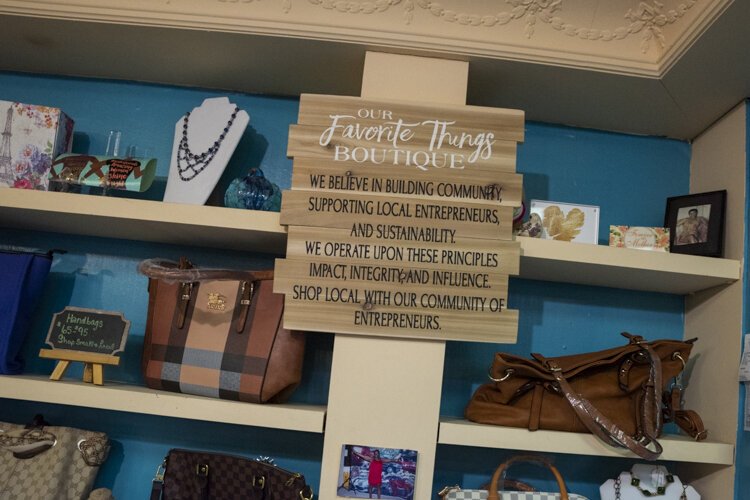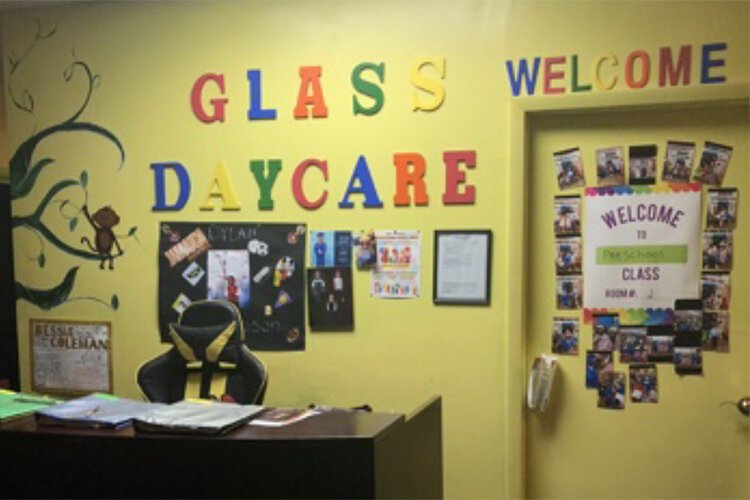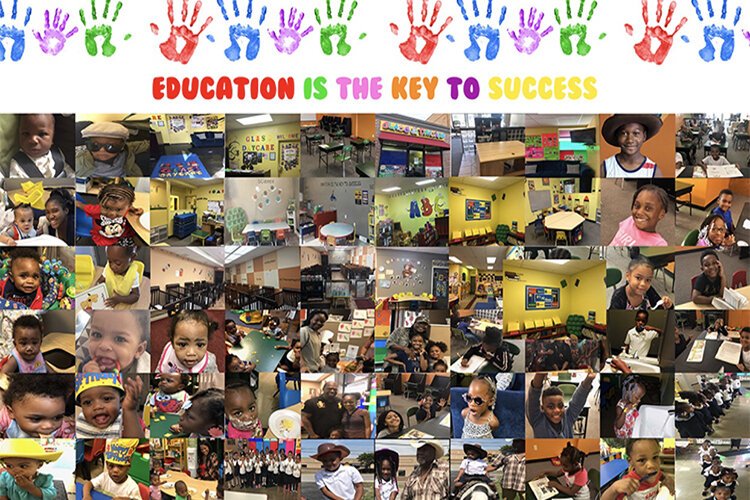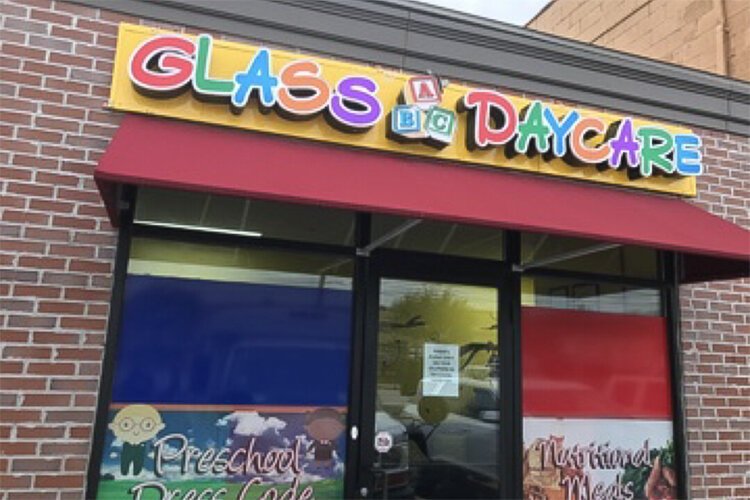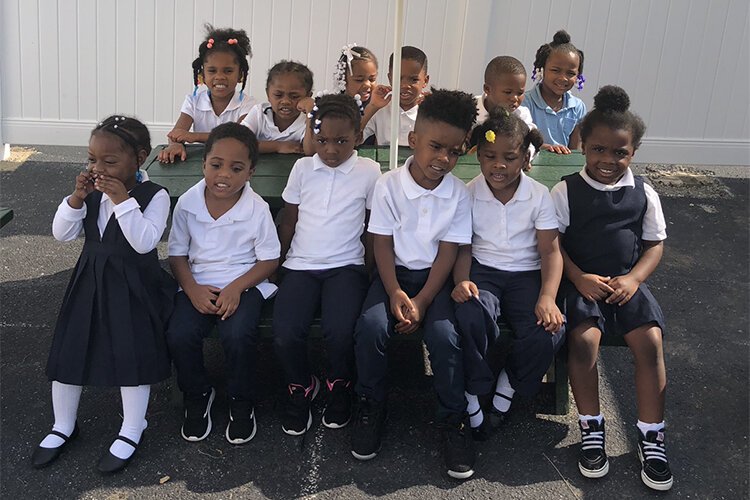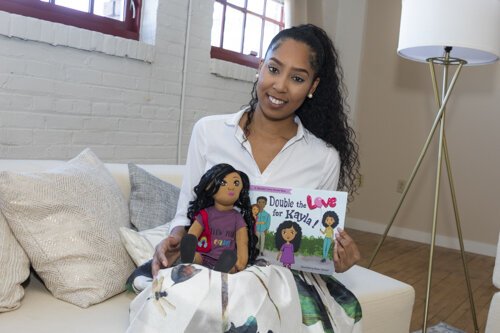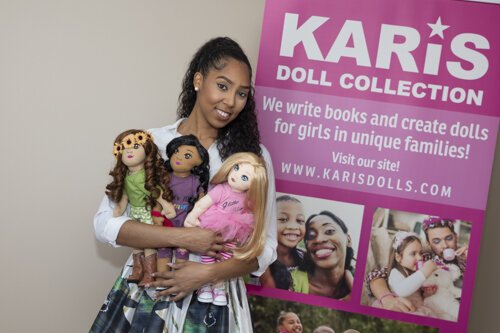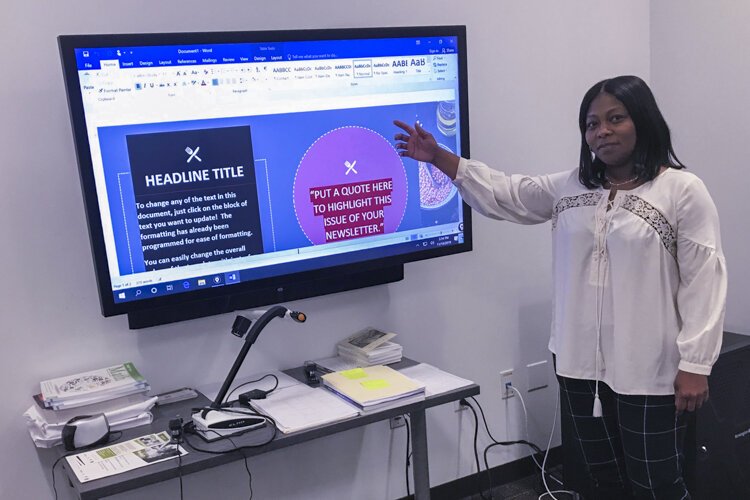
Business Growth Collaborative helps Cleveland minority entrepreneurs break down barriers
Business start-up activity is on the rise, but entrepreneurs of color remain underrepresented, with disparate experiences, says a recent educational policy brief from the Ewing Marion Kauffman Foundation.
Blacks and Latinos remain more likely than their white and Asian counterparts to become “necessity entrepreneurs”—those who start businesses as a result of unemployment, the policy brief also says. This is just one of the barriers to entrepreneurship for minorities that they listed.
But a recently established initiative aims to address these problems for Cleveland-area entrepreneurs.
In 2014, 11 Northeast Ohio nonprofits providing various business-related services formed the Business Growth Collaborative to build a resource ecosystem that is easy to navigate and meets the needs of diverse entrepreneurs and small-business owners.
The 11 partners are Cleveland Neighborhood Progress; the Greater Cleveland Partnership’s Equity & Inclusion Division; Greater Cleveland Partnership's COSE; the Economic Community Development Institute; the Hispanic Business Center; JumpStart; the Ohio Aerospace Institute; MAGNET; the Ohio Minority Supplier Development Council; the Presidents’ Council; and the Urban League of Greater Cleveland.
The partners meet regularly to determine how to collectively help clients grow and develop.
The vision is to catalyze economic growth in Cleveland through more equitable wealth and job creation. They hope to address the systematic economic inequality that hinders growth in the region by simplifying the search process for diverse entrepreneurs and connecting them to the best quality resources for their needs.
Collaboration is necessary for creating a streamlined, coordinated system which is simple to navigate, reduces historical barriers to access, and places the needs of the entrepreneur first, the 11 partners say.
The collaborative has served approximately 300 business owners, says Brian Hall, Senior Vice President at the Greater Cleveland Partnership’s Equity & Inclusion Division.
“Ideally, we want entrepreneurs to know they are connected to one or more organizations,” he says.
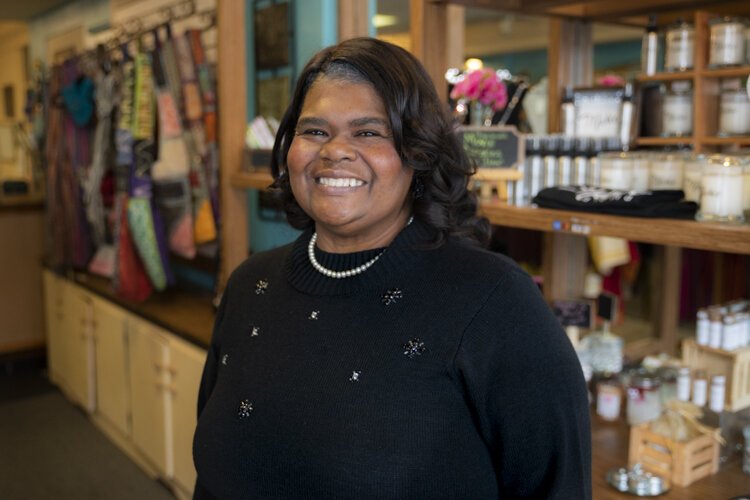 A dream of her own
A dream of her own
Lisa McGuthry started Our Favorite Things in 2012 with a kiosk in The Galleria. A second kiosk followed in Tower City, and then she opened a store in The Galleria. Now, the store is at 12730 Larchmere Blvd. on Cleveland’s East Side and has an event center. McGuthry, along with her daughter and son-in-law, also recently opened another location at The Box Spot at 8005 Kinsman Road.
McGuthry, who holds a doctorate in adult education, expected to spend her career in education, but working as a manager for a major retail chain caused her to pursue entrepreneurship.
“I realized I wasn’t going to build their dream and not my own,” she said. From there, she discussed starting a business with her husband, and he agreed. They downsized to a two-bedroom apartment and made it happen.
Our Favorite Things showcases products such as hair care, candles and jewelry created by local entrepreneurs, plus Fair Trade clothing. They also train aspiring entrepreneurs how to start and run a business, provide tutoring to neighborhood children, and have formed a transportation service.
McGuthry’s biggest challenge has been gaining access to capital. “When scaling up, it is very difficult, because most don’t want to invest in female- and minority-owned businesses.”
She has made use of resources such as The Women’s Business Center and the Economic Community Development Institute. She also participated in JumpStart’s pitch competition. “As an entrepreneur, it’s important to continue growing to learn and grow,” she says.
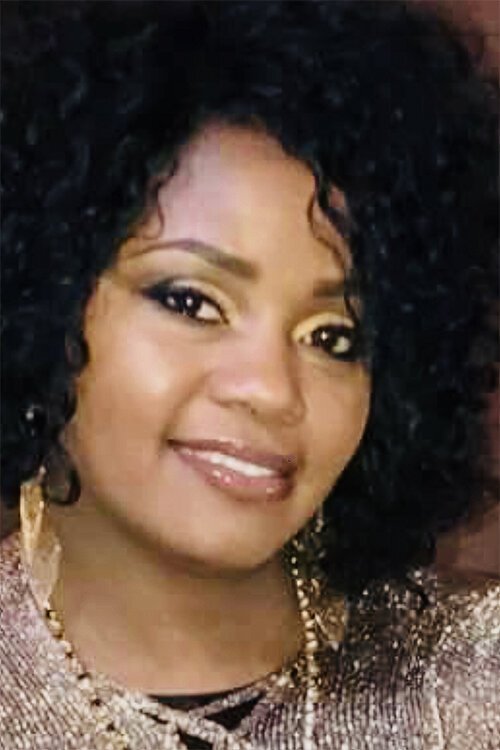 Taneka Veaseley-Glass of Glass DaycareRight place to start
Taneka Veaseley-Glass of Glass DaycareRight place to start
Taneka Veaseley-Glass and her husband started Glass Daycare in their home with nine children back in 2005, after her husband was laid off from his job as a teacher. “God gave us a vision,” she says. “A lot of times, we have the vision but lack the resources.”
Because Veaseley-Glass always had heard about the Urban League of Greater Cleveland, she went there first, after drafting her business plan, when she needed funding to expand in 2014.
With the help of the Urban League and other collaborative partners, Veaseley-Glass opened a child care center in South Euclid on Nov. 5, 2015. They now serve close to 90 children. “The Urban League helped with the financial aspect, so we can cover overhead, including employees,” she says. “I wouldn’t have known where to start.”
They received an initial $25,000 from the Economic Community Development Institute and then a second round of funding from Faith Community Credit Union, she says. They have a staff of eight.
“We really put a lot into our business. We thought it out,” Veasely-Glass says.
The goal is to buy their own building and open another center next year. Being a part of the Business Growth Collaborative, she says, has opened doors for advertising and collaborating with others. “I’m enjoying where we are and where we are going,” she says.
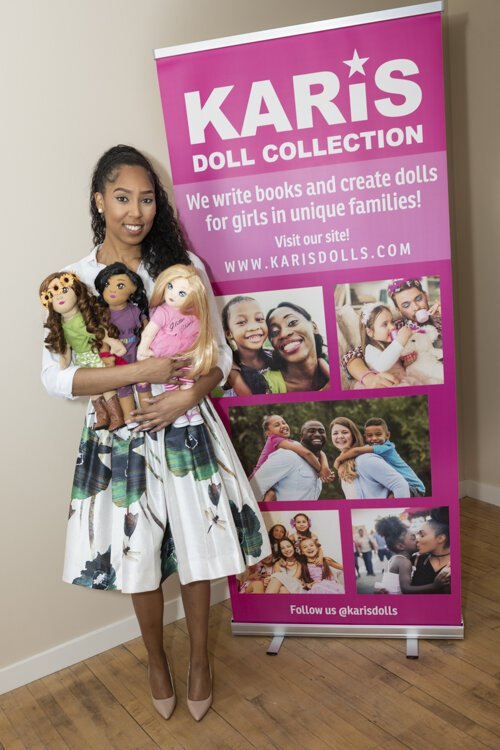 Helping children cope
Helping children cope
Seeing a need for children in unique family situations, from divorcing to blended to grieving families, India Gill started Karis Doll Collection three years ago. Gill, an epidemiology and biostatistics doctoral student at Case Western Reserve University, studies the physiological impact of childhood psychosocial stressors. She looks at how those stressors show up as risk factors for chronic diseases as these children enter adulthood.
“The way we define family is changing,” she says. Because of this shift in family dynamics, she decided to create unique dolls and books to help children cope. Having no entrepreneur experience, she went to the Women’s Business Center for help. From there, she was introduced to the Economic Community Development Institute, JumpStart, MAGNET, and the Presidents’ Council.
“It was important for me to surround myself with experts, a team of advisers to help develop my business plan, secure a manufacturer, create a financial model, conduct market research and finally launch.”
Gill launched the business last year before the holidays. Finding overseas manufacturers was a challenge, but her JumpStart adviser has been a tremendous help, she says.
The dolls are 18 inches tall with an embroidered face. They are soft because she wanted them to be huggable. “I’m proud that my manufacturers were able to bring my vision into reality,” she says.
The books, telling the dolls’ story, are interactive, with pages to color and doodle on as well as games to play. The dolls and books are sold together or separately and are available on her website. She would like to get them in retail stores.
“I would not have been able to launch without my advisers,” Gill says.
_1.jpg) Sonya Holland of Leverage Training and Technology and So HollandTraining ground
Sonya Holland of Leverage Training and Technology and So HollandTraining ground
Sonya Holland owns two companies: Leverage Training and Technology, and So Holland.
Leverage Training and Technology specializes in customizing training courses for organizations. As an instructional designer, Holland creates online courses and content for companies that need leadership and soft skills training for employees. She consults, designs the courses, and creates the content.
“I”ve been conducting trainings for over 10 years,” says Holland, a former employee of Ohio Means Jobs. When she left that organization, she considered doing something that’s up and coming as well as on trend.
Since starting Leverage Training and Technology in 2016, she says, “It’s been touch and go, but I’m on an upswing with help from the collaborative and the Urban League.”
She said they’ve assisted her with everything from marketing to maintaining Quickbooks.
“Felicia Townsend has been very open, honest and encouraging. She didn’t make me feel like I was in this alone,” says Holland of her Urban League adviser.
Entrepreneurs in Northeast Ohio have significant resources, Holland says. The Urban League and the collaborative have been essential, she says. The Hispanic Business Chamber has also been an integral part of keeping her vision alive.
The 11 partners were already working together in some form, but the collaborative makes it more formal, says Erica Penick, executive director of the Presidents’ Council. They follow clients through the process via a shared system known as CRM, or customer relationship management.
One of the parameters is that a client experience a minimum of two touches by agency partners.
“I think it brings a different level of accountability and streamlines the ecosystem for entrepreneurs,” Penick says.
CLE Means We: Calls to action:
- Support the entrepreneurs featured in this story and minority small-business owners.
- If you have a great experience with a minority business, tell others about it.
- Make a contribution to one or more of the 11 partner agencies.
